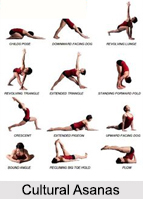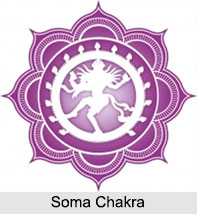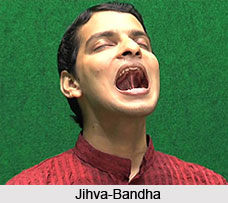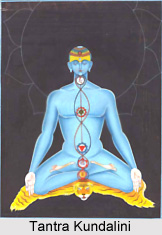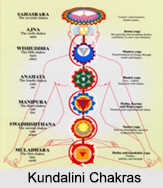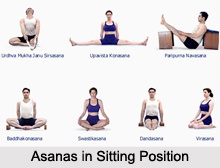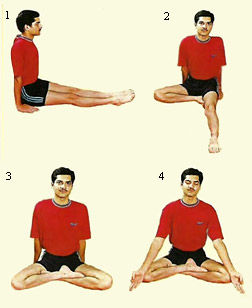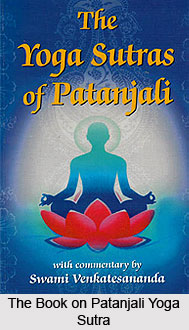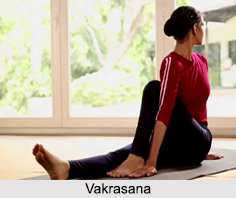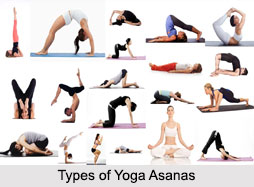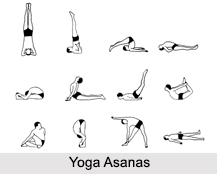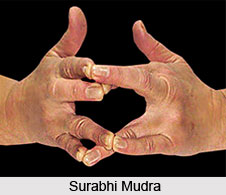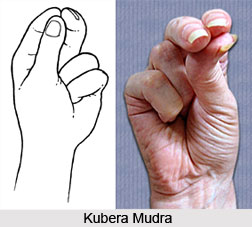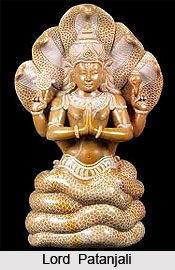 The jati desa kala samaya anavacchinnah sarvabhaumah mahavratam sutra furthers the significance of the yamas, which it seems holds even more weight in this sutra. It delineates that yamas are the great, universal vows which cannot be restricted within the worldly confines of time, place or duty and class in society. It needs to complied by any one and every one who is a learner of yoga. And this aspect can also be employed for the other stages of yoga.
The jati desa kala samaya anavacchinnah sarvabhaumah mahavratam sutra furthers the significance of the yamas, which it seems holds even more weight in this sutra. It delineates that yamas are the great, universal vows which cannot be restricted within the worldly confines of time, place or duty and class in society. It needs to complied by any one and every one who is a learner of yoga. And this aspect can also be employed for the other stages of yoga.
Jati class of birth, type of birth, rank, lineage
desa place, spot, country
kala time
samaya condition, circumstance
onavacchinnah not limited, not bound
sarvabhaumah relating to or consisting of the whole world, universal
mahavratam mighty vow, great obligation
Yamas are the great, mighty, universal vows, unconditioned by place, time and class.
The five components of yama are called `mighty universal vows`, because they are not trammeled to class, place, time or notion of duty. They must be followed unconditionally by everyone, and by students of yoga particularly, irrespective of origin and situation, with a reservation concerning cultural phenomena like religious ceremonies, vows and vocations of certain people. They form the skeleton of rules on which society is grounded.
It is however of the belief that this universal approach should be applied to all the other component stages of yoga, without discrimination of time, place or circumstances, to lay down the principles of a universal culture.

